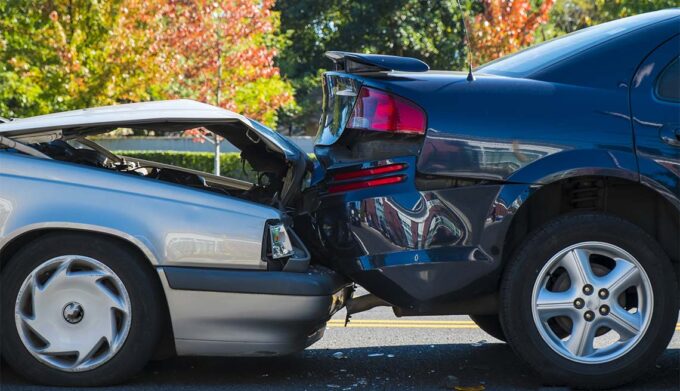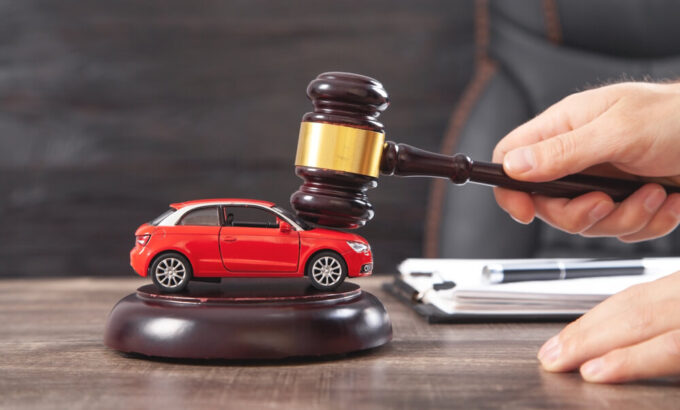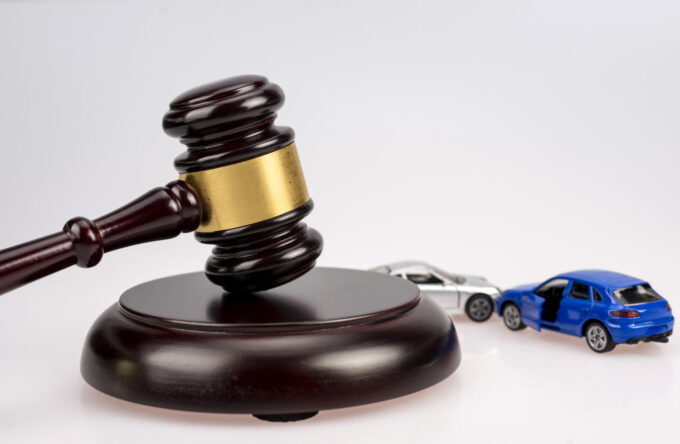When you’re involved in a car accident, the immediate aftermath can be overwhelming. Amidst the chaos, a critical decision looms: whether to hire a lawyer. This choice can have far-reaching implications on the outcome of your case. This blog aims to navigate you through the intricacies of this decision, focusing on the costs and essential considerations. Understanding these elements is crucial, as it influences not only the financial aspects of your claim but also your peace of mind during what can be a stressful recovery period. We will delve into the nuances of dealing with insurance, legal procedures, and when it’s prudent or unnecessary to seek legal counsel.
Immediate Actions After an Accident

Source: aarp.org
In the immediate aftermath of a car accident, your first step should always be to ensure safety. Move to a secure location and promptly call the police to report the accident. It’s also vital to document the scene meticulously; take comprehensive photos of the vehicles, the surrounding area, and any injuries sustained. This documentation is crucial for insurance claims and any legal proceedings for which you might necessitate a Car Accident Lawyer In Utah. Exchange information with the other driver but remain cautious about discussing fault or liability at this stage. Remember, everything you say could be used in future proceedings. This evidence is a cornerstone in building your case, whether you decide to go through insurance claims or pursue legal action.
Reporting the Accident
Following an accident, one of the first official steps is to report it to your insurance company. It’s imperative to provide accurate, detailed, and honest information about the incident. Neglecting to report the accident promptly or providing misleading information can lead to serious complications with your insurance claim or potential legal repercussions. Many people underestimate the importance of this step, but it sets the tone for how your claim will be handled and can impact the need for legal representation later on.
Understanding Insurance Coverage
Grasping the nuances of your insurance policy is key in the aftermath of a car accident. It’s essential to understand what your policy covers under liability, personal injury protection, and uninsured/underinsured motorist coverage. These details can significantly dictate whether you need a lawyer. For example, if your policy sufficiently covers your losses, seeking legal assistance might be an unnecessary expense. However, understanding the limits and exclusions of your policy is crucial, as there may be hidden gaps in coverage that only become apparent when a claim is made.
When You May Not Need a Lawyer

Source: jeffmorrislawfirm.com
There are scenarios where hiring a lawyer may not be necessary. In cases of minor accidents with no injuries and clear liability, managing the claim independently might be more practical. This includes situations where the insurance companies are cooperative, and the damages are within the policy limits. However, even in these seemingly straightforward cases, it’s important to be fully aware of your rights and the full extent of your potential claims. If you’re comfortable navigating the insurance process and negotiating settlements, then legal representation might be an added cost without significant benefit.
When You Should Consider Hiring a Lawyer
In contrast, there are certain circumstances where hiring a lawyer is highly advisable. This includes severe accidents involving significant injuries, disputed liability, or complex legal issues. An experienced attorney can be invaluable in navigating these complexities, ensuring that your rights are protected, and striving to maximize your compensation. Particularly in cases where insurance companies dispute your claim or the settlement offer seems inadequate, a skilled lawyer can make a substantial difference in the outcome of your case.
Costs of Hiring a Lawyer
The cost of hiring a lawyer varies and is typically based on contingency fees or hourly rates. In a contingency fee arrangement, the lawyer receives a percentage of your settlement, which means you don’t pay unless you win. In contrast, hourly rates charge you for the time the lawyer spends on your case, regardless of the outcome. It’s important to consider how these fee structures will impact the overall financial outcome of your case and weigh this against the potential benefits of having legal representation.
Initial Consultation with a Lawyer

Source: whelanandwhelan.com
The initial consultation with a personal injury attorney is a critical step in your decision-making process. This meeting is where the lawyer assesses the merits of your case and discusses their approach and fee structure. It’s crucial to have a clear understanding of all financial aspects during this consultation to avoid any surprises later. This is also your opportunity to gauge the lawyer’s expertise and commitment to your case, ensuring they align with your needs and expectations.
Factors to Consider When Choosing a Lawyer
Choosing the right lawyer is a decision that should be made carefully. Consider factors such as their experience in car accident cases, their reputation in the legal community, and their communication skills. Referrals and reviews can be helpful in this process, but personal compatibility and trust are equally important. The lawyer’s track record in handling similar cases gives insight into their capability and effectiveness in managing your case.
Potential Benefits of Hiring a Lawyer
Having legal representation can offer significant advantages, particularly in complex cases. Lawyers have the expertise to negotiate with insurance companies, handle intricate legal paperwork, and navigate the legal system. They can advocate for your best interests, often securing higher settlements than individuals might achieve on their own. Moreover, having a lawyer allows you to focus on your recovery, relieving the stress of managing legal and insurance issues.
Navigating the Legal Process

Source: politolaw.com
Navigating the legal process in a car accident lawsuit involves several stages, including filing a complaint, engaging in discovery, and negotiating settlements. Each stage requires specific legal knowledge and experience. A lawyer’s guidance is crucial in ensuring that your interests are effectively represented throughout the process, from the initial filing to the final settlement or court decision.
Conclusion
Deciding whether to hire a lawyer after a car accident is a decision that involves careful consideration of various factors, including the complexity of your case, the costs involved, and the potential benefits of legal representation.
This blog post has outlined these considerations to help you make an informed decision. Remember, each car accident case is unique, and what might be right for one person may not be the best course of action for another. Consider all the factors discussed, and don’t hesitate to seek professional advice to ensure the best possible outcome for your situation.







